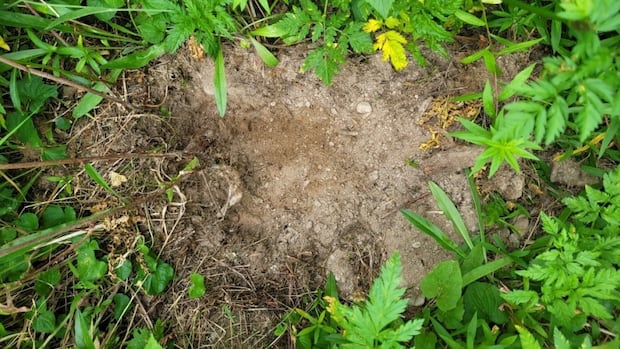Ktunaxa Nation in BC prohibits unauthorized harvest of holy plant in its territory

The Ktunaxa Nation in the interior of British Columbia is urging the public to refrain from harvesting a traditional plant in its territory due to damage caused to medicinal plasters and unauthorized harvests. The nation, consisting of four First Nations with two sister tribes in the United States, has expressed concern over individuals tearing up the soil to harvest the Holy Plant without permission.
The traditional territory of the Ktunaxa Nation spans approximately 70,000 square kilometers across southeastern British Columbia, including the Kootenay and Columbia rivers, Arrow Lakes, and parts of Alberta, Montana, Idaho, and Washington State. Kathryn Tenese, chair of the Ktunaxa Nation Council, emphasized the plant’s significance for medicinal and cultural purposes in an interview with CBC’s Radio West.
The plant, known as ʔayut, holds importance for indigenous peoples, with its roots used for various medicinal treatments. However, unauthorized harvesting poses a threat to the plant’s sustainability and cultural significance. Botanist Michael Wilson from the Drylands Institute in Arizona notes that the plant grows in the mountains of Western North America.
Despite its medicinal properties, the Ktunaxa Nation emphasizes that the plant should not be commercialized for profit. The nation has issued a statement prohibiting the unauthorized harvest of ʔayut in 2025, citing concerns over destructive harvest practices and the violation of cultural protocols. The statement also outlines a process for potential harvesting in 2026, requiring written permission from the Ktunaxa Nation Council.
While the BC Ministry of Forest is aware of the issue and has met with the council to address concerns, there is currently no provincial legislation regulating the harvesting of non-timber forest products. The Ktunaxa Nation’s efforts to protect and preserve the Holy Plant highlight the importance of respecting indigenous traditions and sustainable harvesting practices.
In conclusion, the Ktunaxa Nation’s call to refrain from unauthorized harvesting of the Holy Plant serves as a reminder of the need to protect cultural resources and uphold indigenous rights. By working together to safeguard traditional plants and practices, we can ensure the preservation of valuable medicinal resources for future generations.




